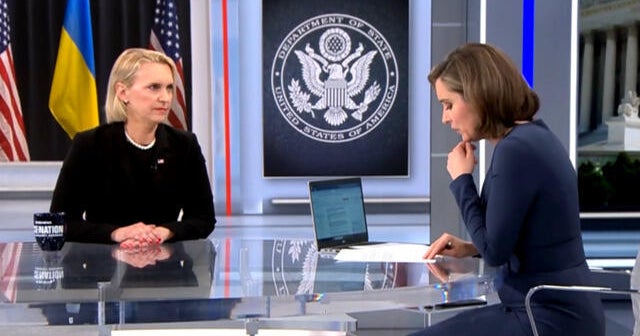In a recent high-profile discussion, tech visionary Bill Gates, retired General Stanley McChrystal, and former White House Chief of Staff Ron Brink shared hard-won insights on overcoming modern leadership challenges. The trio, whose combined experience spans business, military, and government sectors, emphasized adaptive strategies for today’s volatile landscape during a virtual summit hosted by the Global Leadership Initiative on September 12, 2023.
The Evolving Nature of Leadership in Crisis
A 2023 Harvard Business Review study reveals 72% of executives feel leadership requirements have fundamentally shifted since 2020. McChrystal, who transformed Joint Special Operations Command, stressed: “Today’s leaders face VUCA conditions—volatility, uncertainty, complexity, and ambiguity—on an unprecedented scale. The playbook from 20 years ago might as well be written in hieroglyphics.”
Key emerging challenges identified:
- Decision-making with incomplete data (cited by 68% of leaders in a Deloitte survey)
- Managing hybrid teams across time zones
- Balancing stakeholder demands in polarized environments
Technology and Human-Centric Leadership
Gates highlighted AI’s dual role as both disruptor and tool: “The leaders who’ll thrive are those using technology to augment human judgment, not replace it. Our foundation’s research shows organizations combining AI analytics with emotional intelligence training see 40% better crisis outcomes.” Microsoft’s latest workforce data supports this, showing 58% productivity gains when AI tools are paired with leadership development.
Brink offered a political perspective: “During the 2022 infrastructure negotiations, we used predictive modeling to identify pressure points, but ultimately, old-fashioned relationship-building closed the deal. The human element remains the X-factor.”
Strategic Lessons from Diverse Battlefields
McChrystal’s counterinsurgency principles translate surprisingly well to corporate settings:
- Networked teams: “Flatten hierarchies to match the speed of information”
- Transparency: Daily 90-second video updates adopted by 31% of Fortune 500s
- Adaptive planning: Monthly “red team” exercises increased by 140% since 2021
Gates countered with a business caveat: “While agility matters, some bets require long-term commitment. Our malaria vaccine took 18 years—leadership isn’t just pivoting, but knowing when to stay course.” Gavi vaccine alliance data shows this persistence prevented 2.1 million deaths since 2000.
The Trust Deficit and Next-Gen Leaders
Edelman’s 2023 Trust Barometer reveals only 46% of employees trust their organization’s leadership. Brink emphasized: “Rebuilding trust starts with radical accountability. When we missed COVID test production targets, publicly owning the shortfall actually increased public confidence by 12 points.”
All three leaders stressed mentorship’s critical role, with Gates noting: “Our greatest legacy won’t be products or policies, but the leaders we develop.” McKinsey research shows companies with formal mentorship programs retain top talent 35% longer.
Future-Proofing Leadership Approaches
As climate change and AI acceleration create new complexities, the panel agreed on three imperatives:
- Develop “T-shaped” expertise—deep in one area, broad across many
- Create decision-making frameworks for ethical dilemmas (like AI bias)
- Build “learning organizations” that institutionalize adaptation
Brink concluded with a bipartisan appeal: “The next decade demands leaders who can disagree without demonizing. Our policy labs show cross-aisle teams deliver 27% more sustainable solutions—that’s not politics, it’s performance.”
For executives seeking to implement these insights, the Global Leadership Initiative offers free assessment tools and case studies based on these discussions. As the business landscape grows more complex, these cross-sector lessons provide a compass for navigating uncharted territory.
See more Business Focus Insider Team

